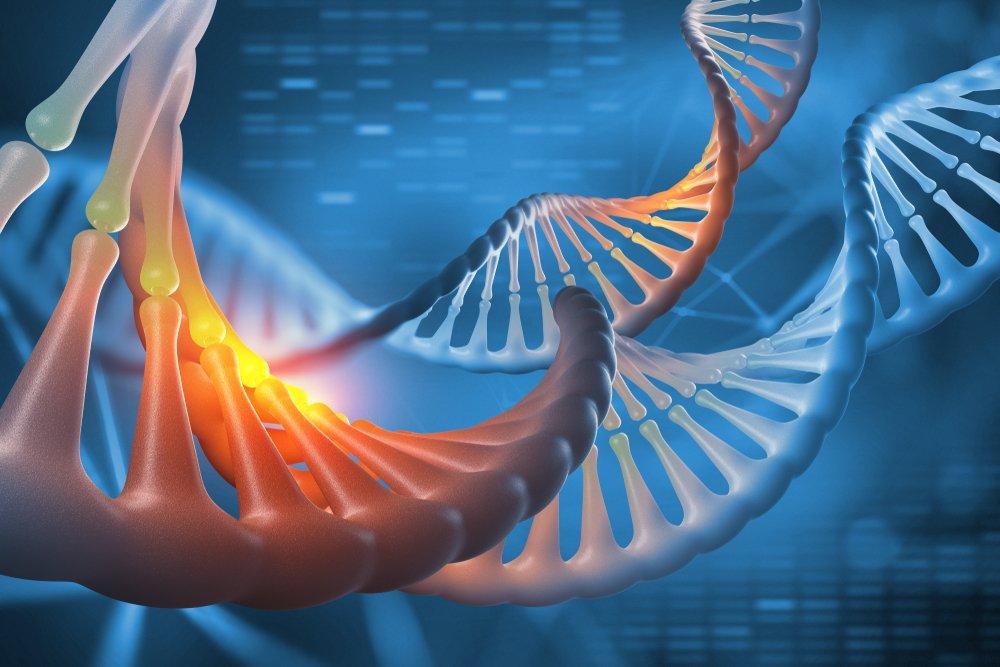The regulation of blockchain and cryptocurrency poses many issues. This is especially true in India, considering that the country’s government has been pondering such measures for some time now. Big was people’s surprise when one state government suddenly announced it would adopt blockchain technology for DNA sequencing.
An Interesting Connection between Blockchain and DNA
There are many ways to use blockchain technology in the real world. Not all of these use cases may appear evident at first, but the options shouldn’t be overlooked by any means. It is expected that up to 2 billion genomes will be sequenced by 2025. Storing all of that information in a safe, secure, and non-centralized way will be quite a challenge.
After all, the last thing people want is to see this information fall into the wrong hands. Building a secure and reliable solution for genome sequencing data will require some out-of-the-box thinking. For the Indian government, there is only one possible solution: using a blockchain. More specifically, the government of Andhra Pradesh will use Shivom’s blockchain-based global DNA ecosystem to make this vision a reality.
This particular state in India currently has a population of over 60 million people. All of their genomes will be sequenced between now and 2025. Maintaining the privacy of citizens’ DNA data is a top priority, yet it will require an innovative approach. Using a blockchain infrastructure seems to make a lot of sense. With the help of Shivom, a pilot project will be created to determine the viability of this technology.
Shivom’s co-founder and CEO, Dr. Axel Schumacher, commented as follows:
Whilst diversity is all around us in the physical world, it is still lacking in the existing genomic data available to researchers around the world. This results in exclusion, as minority and under-represented groups miss out on the benefits from advances in predictive and personalized medicine because abnormal genomic variations that exist in their ethnic or geographical location will not be present in the data that researchers are working with.
While this partnership is a big step in the right direction, nothing has been set in stone just yet. It is still possible the trial won’t be successful, even though Shivom has built up a reputation in the world of blockchain-based healthcare solutions. It is good to see a local government in India acknowledge blockchain technology may hold some of the answers in this regard.
Assuming this project is successful, blockchains may become the new go-to method to keep consumer DNA information private and accessible. It is evident the current centralized method of using databases poses significant risks. Whether or not a distributed ledger will solve all of those problems is a different matter altogether. Giving consumers full ownership of their DNA data certainly sounds like something most people will readily agree with.

